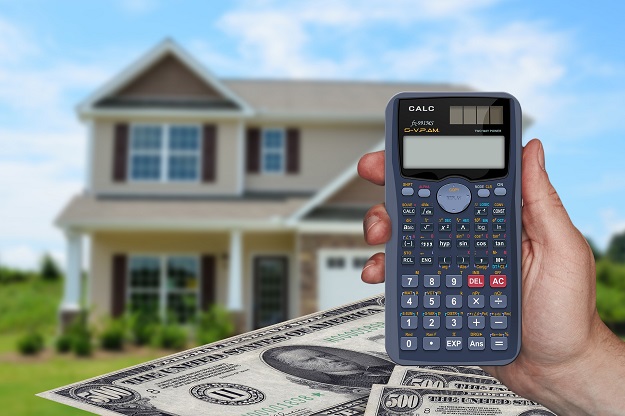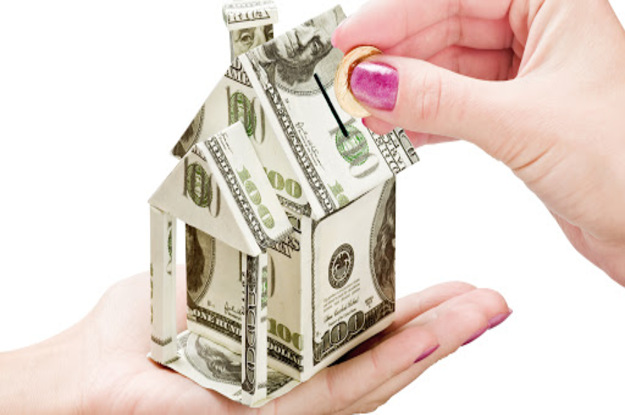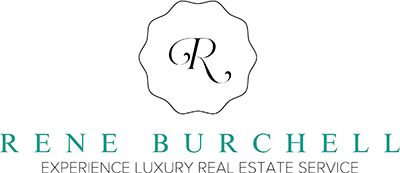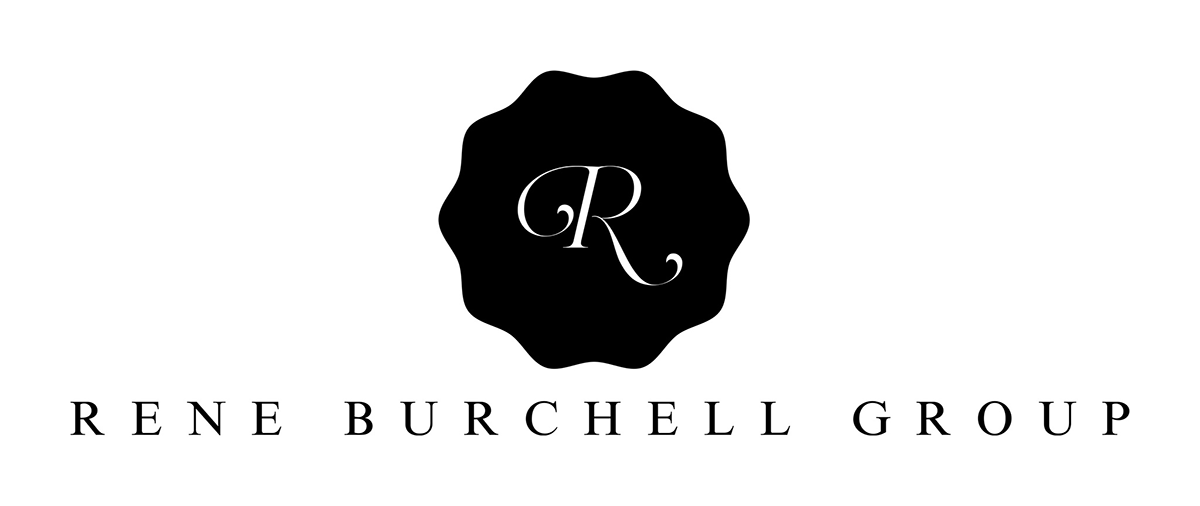Purchasing a home isn’t cheap. Most prospective homeowners may spend many weeks, months or even years to save enough money to afford the house that they’ve always wanted. It isn’t the type of decision that should be made on a whim.
Becoming a homeowner takes careful planning and budgeting. Pay close attention to your income and expenses. Try to avoid any large purchases or impulse buys if you’re saving for a prime piece of real estate.
Buying a home in Texas can be complicated at times. There’s a lot that you have to know, but it definitely can be done. Getting your finances in order is a crucial step in the process. Here are a few facts about some of the most common costs associated in buying a home:
ONE TIME CHARGES
1. The down payment
Down payment amounts can vary. Most down payments are usually about 20 percent of the home’s sale price or more. You could qualify for a loan with a lower down payment, but you may have higher monthly mortgage payments and/or a higher interest rate as a result.

2. Closing costs
Closing costs are typically around two to five percent of the home’s total price. These costs are paid during the closing process. For a $200,000 home, closing costs can range from $4,000 to $10,000 or more.
3. Moving costs
Don’t forget about moving costs! You may pay to rent a moving van, buy new furniture or any renovations for the property. These costs can fluctuate depending on what’s needed.
REGULAR MONTHLY COSTS
1. Mortgage payments
Mortgage payments will vary depending on the length and terms of your mortgage loan.
They may also fluctuate during the life of the loan if you have a variable interest loan or a balloon payment at the end of the loan.
Talk to your lender so that you fully understand these costs before signing the loan contract.

2. Utilities
Utilities are the monthly bills for gas, water, electric, sewer, recycling/garbage, etc. These fees are assessed by your local utility providers.
They are established either as flat monthly fees or variable according to use (how much water or electricity is used each month, and so on).
Utility bills can range from around $100 to $300 per month or more.
OTHER RECURRING COSTS
1. Property taxes
Property taxes are usually charged once or twice a year. The county or assessor’s office determines property tax amounts based on property values. These taxes are usually around $1,000 or more annually.
2. Homeowners insurance
Homeowners insurance protects you from damage caused to your home. Storm damage, lightning and other natural disasters are usually covered. Costs for these policies can fluctuate.
The average price of a homeowner’s insurance policy is about $1,500 per year. You may qualify for a lower rate if you bundle the policy with other active insurance policies purchased from the same agent or company.
3. Mortgage insurance
Mortgage insurance policies are typically required for loans where a down payment of less than 20 percent is made. These policies can cost as much as 1 to 2 percent of the loan’s total value. These policies are designed to protect lenders in case you default on the mortgage loan.
Mortgage insurance policies can be paid monthly, quarterly or annually. They can also be added to your monthly mortgage payments. They are valid until the point when the principal balance remaining on your home loan is under 80 percent.

4. Homeowners association dues
Depending on where you live and the type of home that you have, you may be required to pay regular homeowners association, townhome association, condo or other types of association fees.
These fees usually cover things like lawn care, snow removal, outside duct cleaning, driveway paving and other related services.
Association dues can be as low as $20 to over $800 per month or more. They may be billed monthly, quarterly, semi-annually or annually.
They are an added expense, but you’re paying for convenience. You may prefer someone else mow the lawn, trim trees and remove snow for you.
5. Maintenance and renovations
Renovation, maintenance and replacement costs will vary. They all depend on what needs to be repaired or replaced or what, if any, renovations or upgrades that you decide to make to the property. These costs can be for simple things like replacing an old refrigerator or repairing your air conditioner to adding a deck or patio in your backyard.
Conclusion
These expenses aren’t always easy to predict unless you know in advance what you plan to do. For example, if you’re planning on remodeling your kitchen or master bedroom, you should take the time to develop a plan and a budget.
You can save yourself time and money by doing most of the work yourself instead of hiring others to get the job done for you.
This should only be done if you have the time and knowledge to perform such tasks yourself. Otherwise, you could end up spending more than anticipated by having contractors or other licensed professionals to fix the work you did.
These are just some of the most common costs that homeowners can expect to pay. Everyone’s situation is different.
No two people are going to pay the same amount every month or year. Costs will also vary depending on the type of house that you buy, the size of the home, the utilities that you sign up for and any other costs (such as buying new furniture, replacing doors or windows, etc.) that you incur.
Your mortgage lender and real estate agent should be able to help you get a better handle on these costs. They have years of expertise and can help you accurately forecast how much you should set aside for these expenses.
When you attend open houses, don’t be afraid to ask if the property has had any recent renovations or repairs. These upgrades can save you money in the long run.
The older a home is, the more things usually need to be replaced. It’s all part of the homeowner experience.
Being proactive and knowing what to expect can reduce your financial and mental stress. You’ll be able to anticipate things and take steps to make your home a more comfortable place to live in.
Have Questions? Ask Rene!




